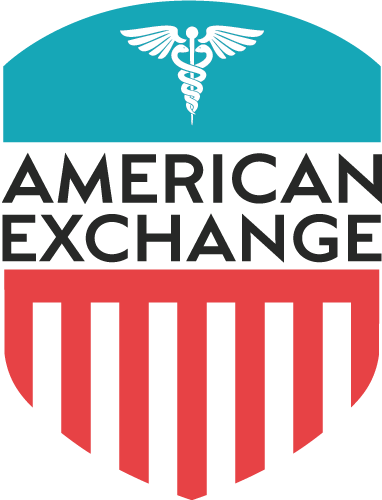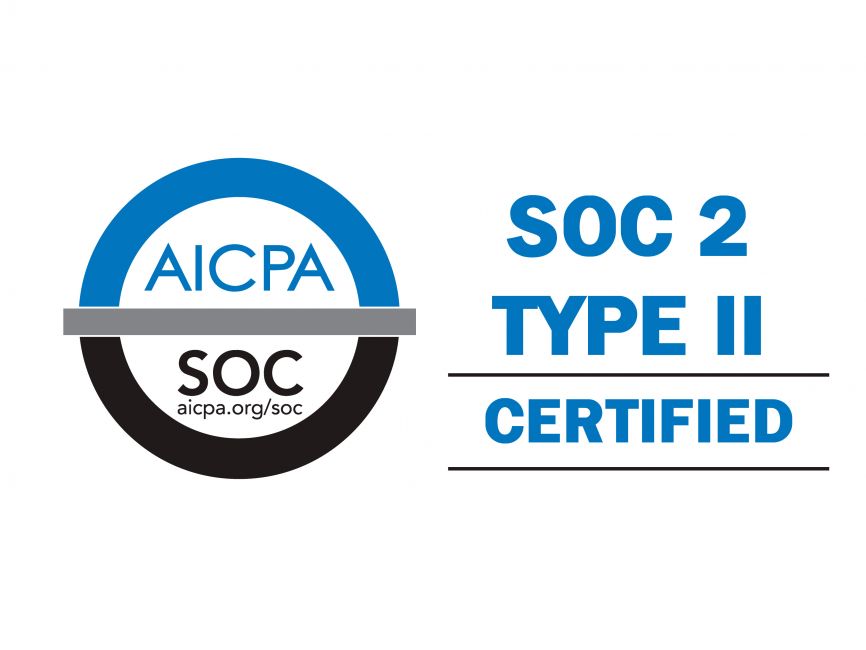The common goal for the PPACA, aka Obamacare, is to provide easy consumer access to affordable health insurance. A designated part of the law generated new positions for individuals called Navigators and Certified Application Counselors (CAC’s) to help consumers navigate the complexities of the health insurance marketplace. The health insurance industry is evolving into a consumer driven market where individuals can simply purchase a health plan by completing an online application from their kitchen table, very similar to purchasing a household item on Amazon. Unfortunately, it’s not that simple. Aside from completing a very technical health insurance application, there are features and benefits within each plan design that could influence your purchasing decision.
An agent’s role in this industry is crucial.
The Urban Institute found that 84% of adults who obtained information for marketplace health plans from agents or brokers found them to be very helpful and resourceful. Agent and brokers are insurance professionals who are knowledgeable and obtain the skills to maintain client and insurance carrier relationships.
Whether an application is completed using an agent / broker versus self-enrolling through the marketplace; the health insurance premium remains the same. In other words, agents and brokers do not charge service fees for their consultative advice and enrollments. Have you ever experienced an issue with your insurance policy such as a misfiled claim or a network issue with a provider? Agents and brokers have the ability to act as the head advocate all year round when these issues arise, which allows you the freedom to avoid long call center hold times and unfulfilled promises.
Agents are trusted voices who are licensed by the state, certified to sell Marketplace plans, and required to take annual ethics continuing education classes. These yearly requirements give agents and brokers the correct tools and knowledge to remain compliant while guiding consumers in choosing a health plan that fits their needs.
Agents and Brokers are able to talk about plan designs unlike navigators and CAC’s .They know about the key differences between carriers, the networks, formularies, and disease management programs.
Don’t be afraid to ask for help! Navigators and Certified Application Counselors (CAC’s) are great resources to help guide consumers through the health insurance marketplace. Typically, navigators and CAC’s can be found in your communities associated with hospitals and medical foundations. Again, the primary goal of the Affordable Care Act is to provide easy access for consumers to purchase affordable health insurance, so take advantage of the free available resources.
Navigators and CAC’s should be encouraged to work together with agents and brokers in their efforts to spread awareness and to engage the community. In fact, navigators or any other type of non-navigator assister referring consumers to agents and brokers does not violate the federal regulatory duties of a navigator. It’s stated in the law that a navigator should refer a consumer to an agent or broker when that consumer has specific plan design or benefits questions. When communities can collectively take a “all hands on deck approach”, we can focus more time on community outreach and education. Let’s help the uninsured and eligible Americans find access to quality, affordable health care!
Llew Boyd is a Benefits Consultant for American Exchange. For a free consultation with a licensed agent call 1-888-995-1674 or email infor@americanexchange.com. To contact Llew directly you can email him at llew.boyd@americanexchange.com

